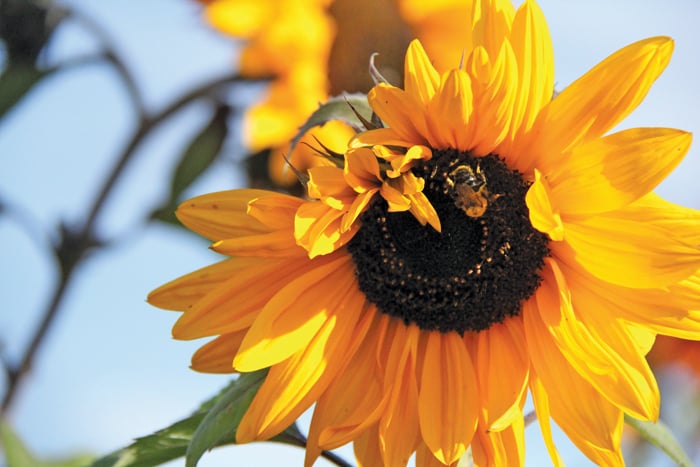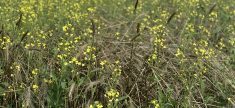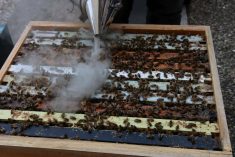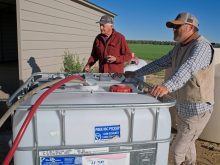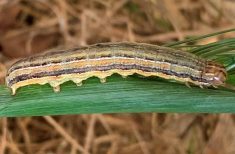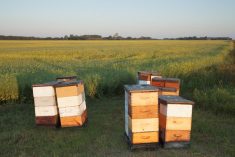In September Ontario Premier Kathleen Wynne mandated Ontario’s Minister of Agriculture Jeff Leal to start working to reduce the use of neonicotinoid (also known as neonic) pesticides in the province after 2016. The reduction may include bans or severe restrictions on approved uses. Several countries across the European Union have suspended use of several common formulations of the pesticide on maior crops
The bans in Europe have already had effect: German rapeseed farmers reported higher than normal losses due to insect damage last year, their crops having previously been protected by neonics. Whether restrictions will bring back the bees remains to be seen.
Read Also
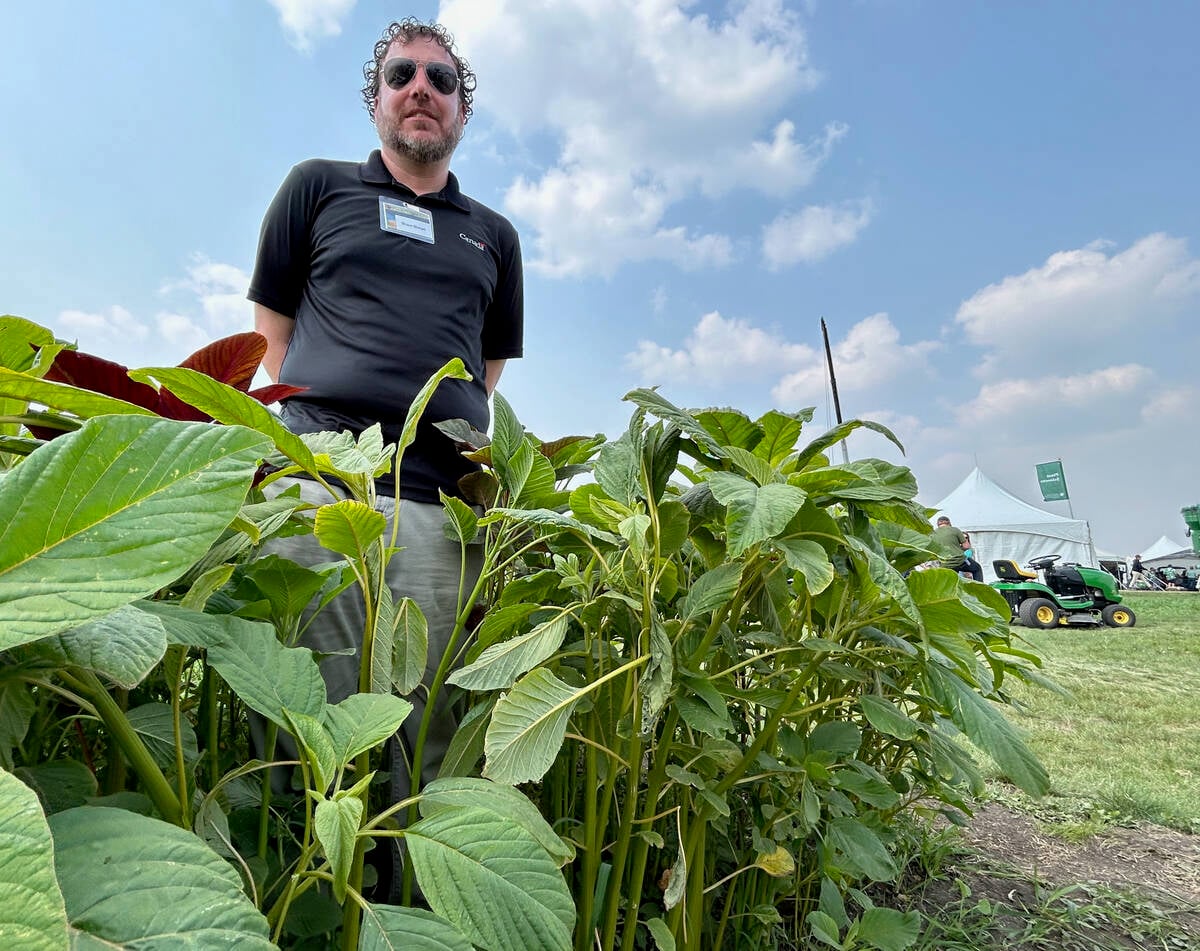
Glufosinate-resistant waterhemp appears in U.S. Midwest
News of glufosinate-resistant kochia in the U.S. is concerning as farmers are losing options to control waterhemp, also of the pigweed family.
In Alberta, Saskatchewan, and Manitoba, neonics have not yet been suspended or restricted. Research into the effect of the pesticide on bee populations is not complete, though a growing number of voices in the environmental movement and the beekeeping industry have been calling for outright bans on many commonly used neonics as a precaution. While a ban in these three provinces is by no means imminent, additional scientific findings could push agriculture ministries to issue restrictions within the next three to five years.
A ban or even restriction on neonics would be very hard on grain farmers, particularly those who struggle with the prairie grain wireworm. Grainews decided to investigate whether there were any alternatives. For help, we asked Scott Hartley, a specialist in invertebrate pest management at the Saskatchewan Ministry of Agriculture.
Hartley confirmed that there are, strictly speaking, no chemical alternatives to neonicotinoid seed treatments, at least in terms of effectiveness. Organochlorines like DDT are no longer available due to their persistence in the environment and affect on animal life. Organophosphates are still available but can be toxic to human beings — there are many reasons why neonicotinoids were favoured over those earlier pesticides. Their ability to control infestations of larvae under the soil, preventing them from damaging nitrogen-fixing parts of growing plants or young leaves, has made them very valuable.
One thing Hartley pointed out is that the restrictions in Europe are primarily of foliar sprays rather than of seed treatments. Foliar spraying is much more likely to affect pollinators like bees, particularly when sprayed on crops that produce flowers attractive to the pollinators, or when the spray is blown by the wind off of the farm. Seed treatments are more likely to stay put and harm only the insects against which they are targeted, which is reason to hope that they will not be restricted.
If you’re using neonicotinoids and are worried about restrictions, one thing you can do to be prepared is to study all the material available about the specific pests you are facing in your area. The variety of insect lifecycles and vulnerabilities means that it is not possible to issue blanket recommendations; you need to know the threats to your crop, and keep an eye on developing threats.
To take the prairie grain wireworm, for example, which is the most destructive wireworm pest on grain in Western Canada, the Alberta Ministry of Agriculture recommends a number of non-pesticide based control methods like crop rotation and shallow cultivation in addition to pesticides. Crop rotation is not as effective against flea beetles, however. The beetles overwinter in many different plants both on and off fields and are capable of long-range migration making it difficult to attack them with anything other than chemical means. One avenue you can research is whether you could be seeding varieties that are resistant to your current insect problem.
Finally, you are not powerless against a ban or restriction. You can make your voice heard through the Grain Growers of Canada and other industry associations, making sure that the government officials know that you use neonicotinoids responsibly and only because there are no other effective options.
Neonics are not in imminent danger of restriction, but their use could one day be limited. Regrettably there is no ready alternative at hand, but vigilance and knowledge about pest control can make a lot of difference.

